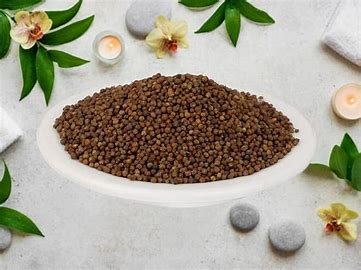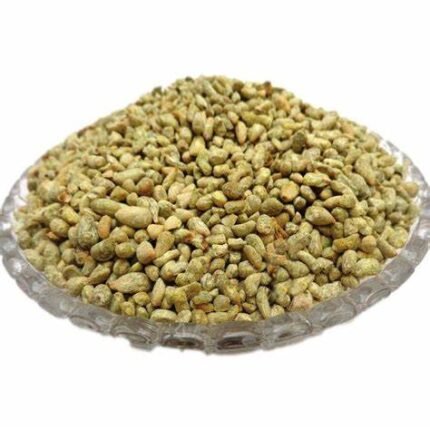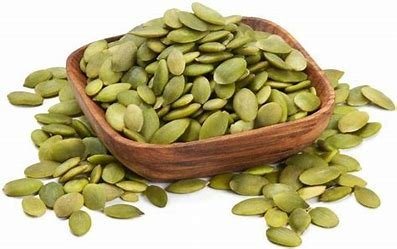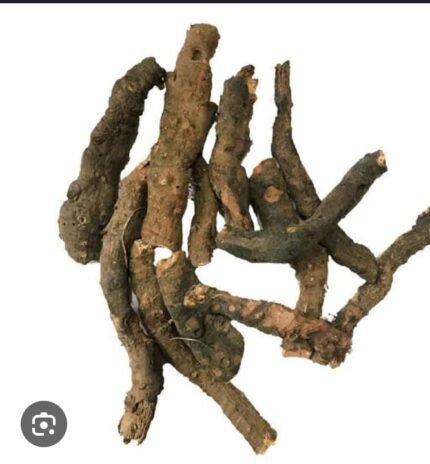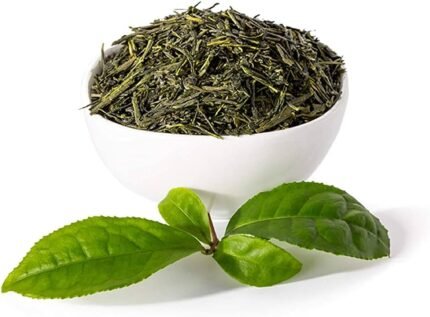Description
Priyangu is globally distributed across India, Nepal, Bhutan, Myanmar, South East Asia and China. Within India, it has been recorded in Jammu & Kashmir, Himachal Pradesh, Uttar Pradesh, Bihar, Sikkim, West Bengal, Arunachal Pradesh, Assam, Meghalaya, Nagaland, Manipur, Mizoram, Tripura and Andhra Pradesh up to an altitude of 1800 m. Priyangu is an erect, 1.2- 2.4 m high shrub.
The fruit is a berry which is 2-3 mm in diameter and pink-purplish colour with glossy surface. Flower 0.5 cm long; brown, calyx, bell-shaped, 4 toothed covered with wooly hairs;corolla, brown, tubular, 4 lobbed spreading; stamens 4, equal in size, epipetalous, antherovate, basifixed; filament very long, hairy; ovary 2-4 celled; style, long; stigma minutelycapitate
Benefits:
Helps us in preventing and curing the following:
- The plant is used against stomach disorders, dysentery, diarrhoea and burning sensation
- It is used in mouth and tongue sores.
- It is used in piles, ulcers, headache and fever.
- It is used in blood disorders, leprosy, excessive sweating, rheumatism and female disorders.
Other Names:
Intermediate Priyangu, Phalini, Daya, Beutyberry, Matara, Mathara, Gawhla, Nalal, Jativruksha, Garhala, Priyang, Sumali, Ittauduga, Vettilai pattai, Seembakulthu, Kodauduga.
Safety Information:
- For Natural Taste & Freshness, Keep it in cool and dry place.
- Avoid direct Sunlight & Do not Refrigerate.
- Store the contents in an Airtight Container after opening the package.
- All herbal medicine should be used under Medical Supervision only.

